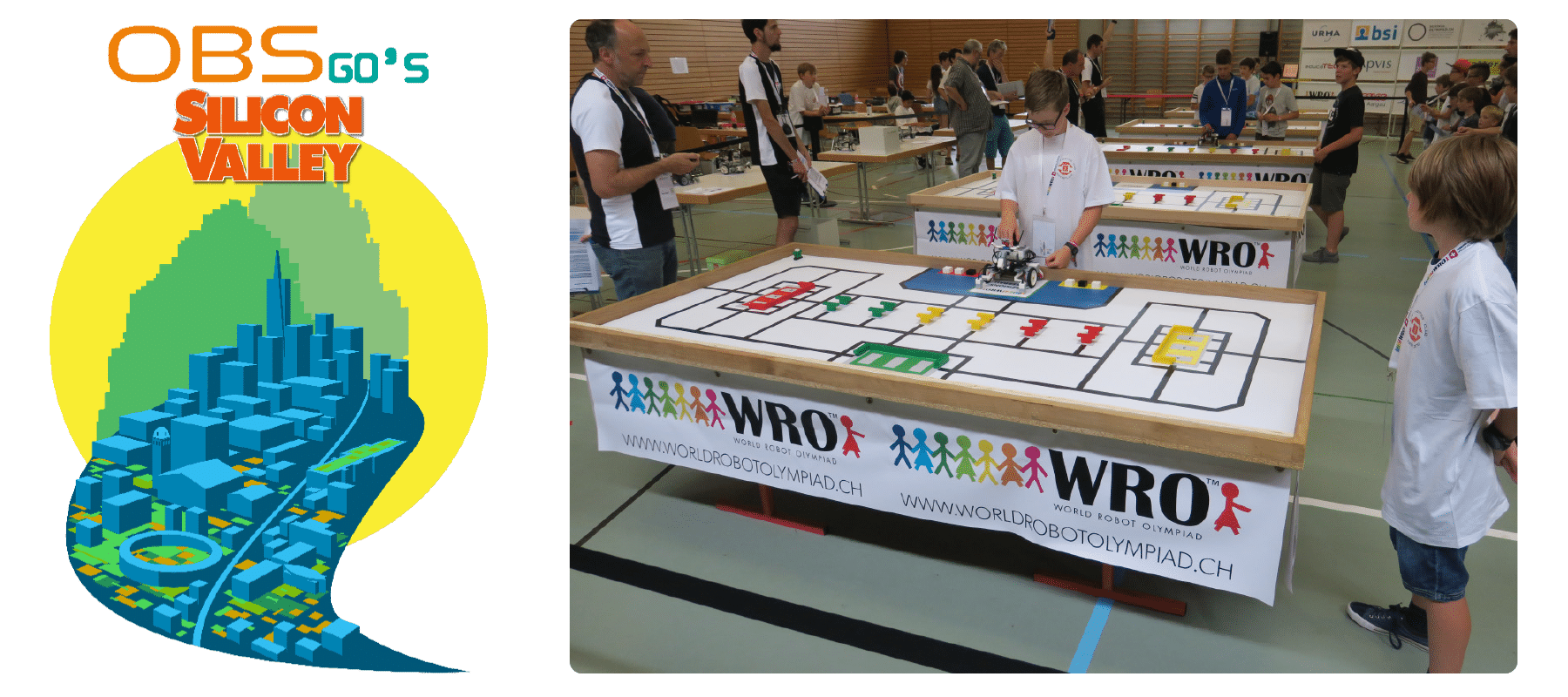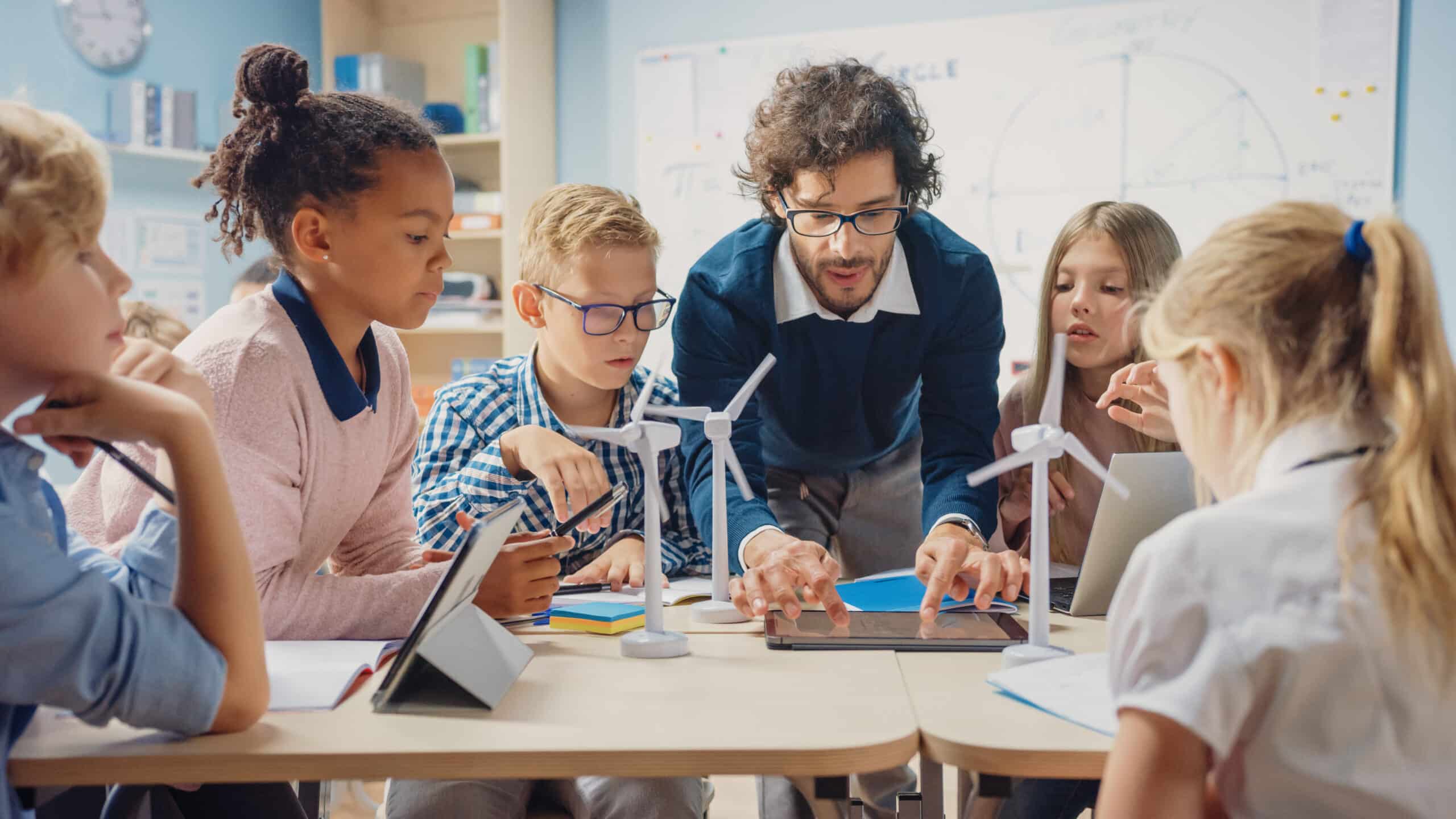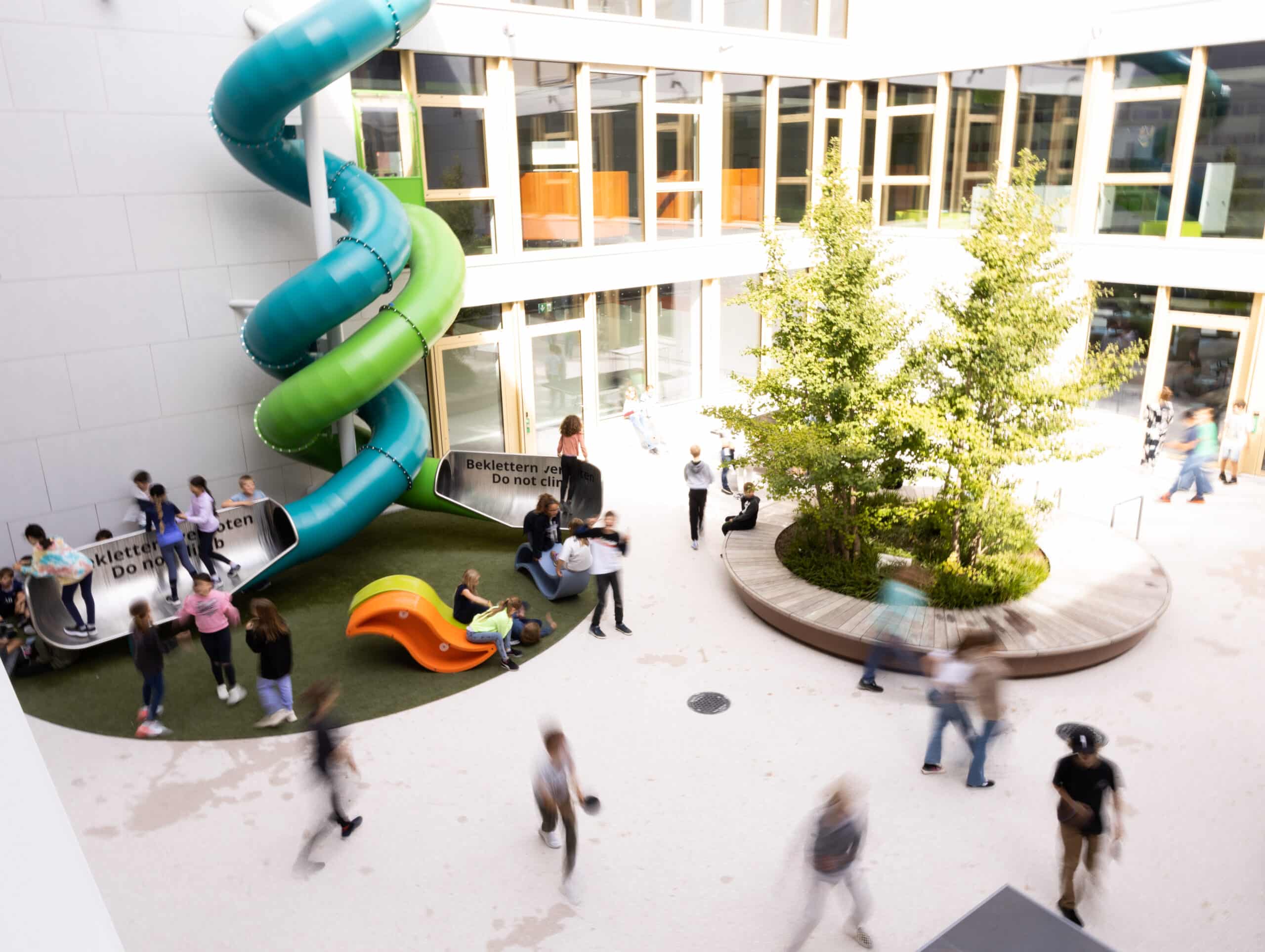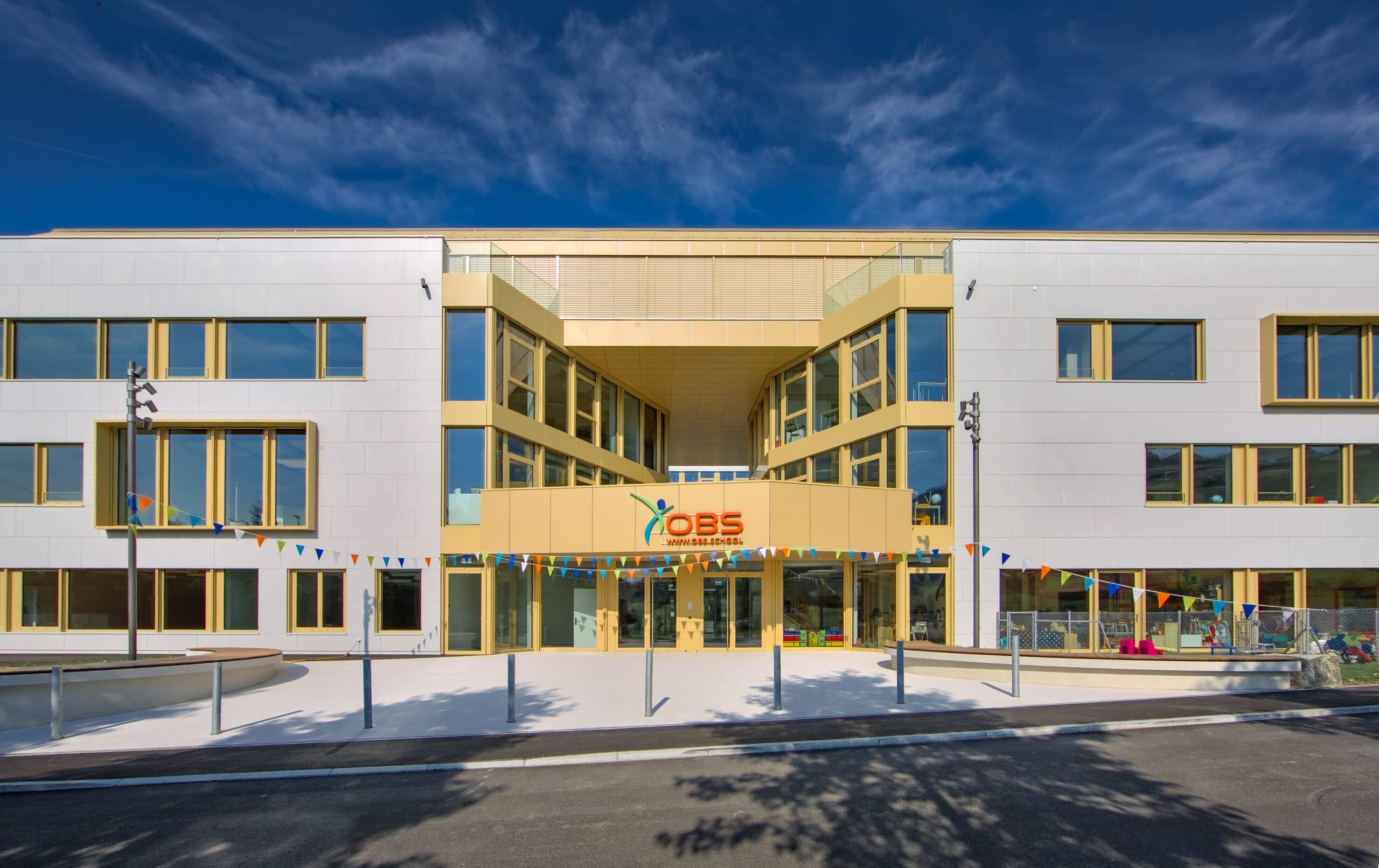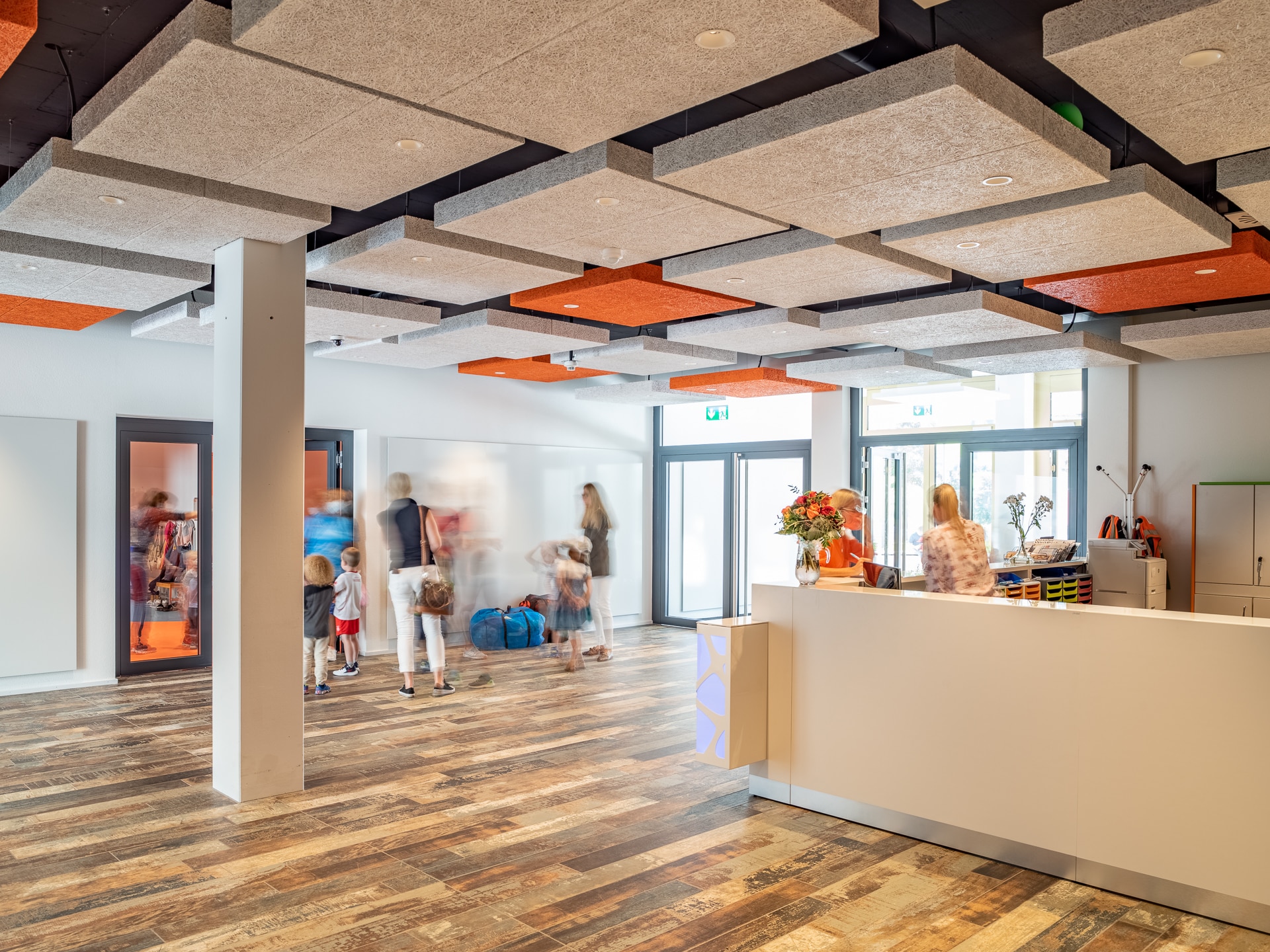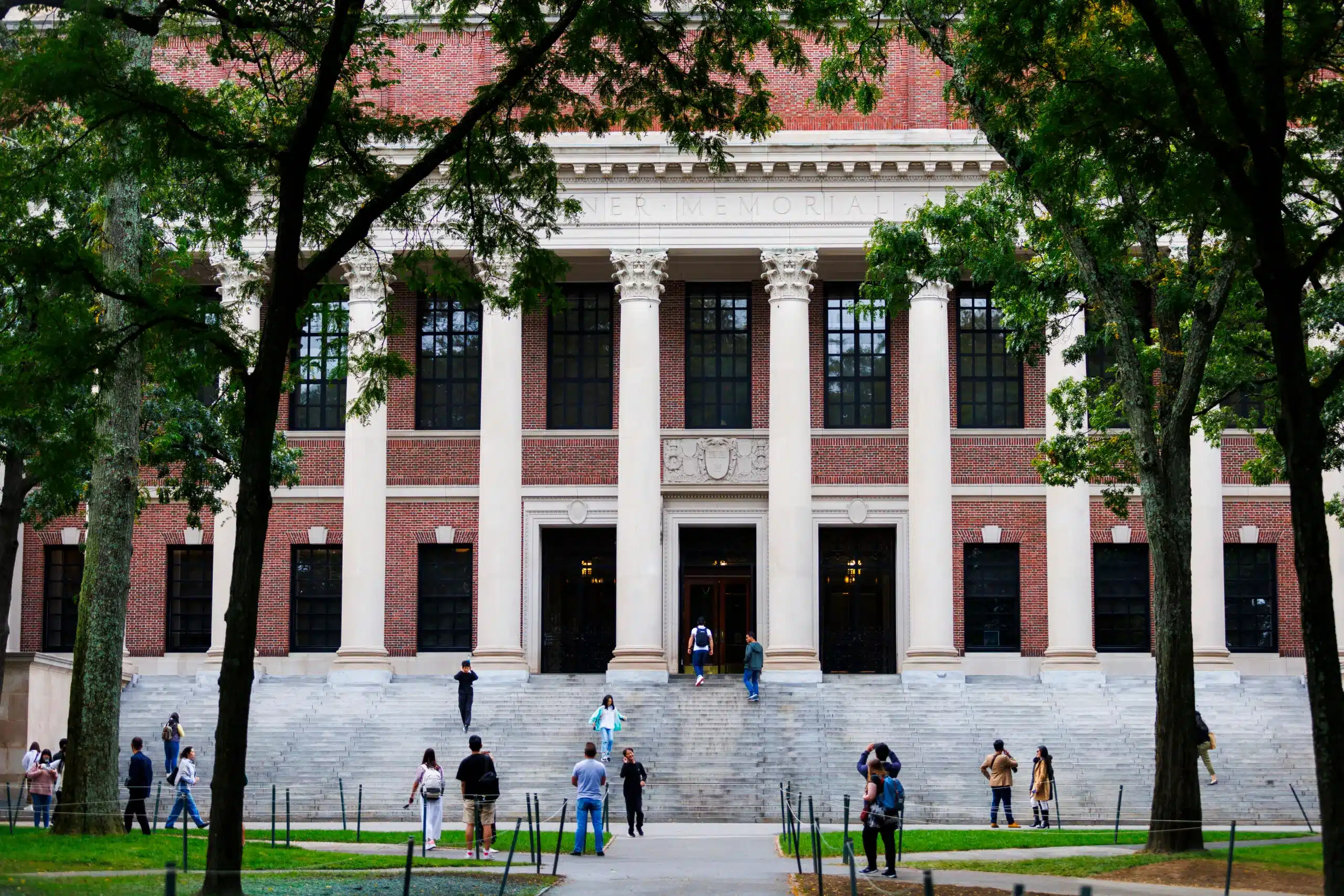Specialised STEAMS Programmes
Our STEAMS (Science, Technology, Engineering, Arts, Mathematics, and Sports) programmes represent a cutting-edge approach to integrated learning that prepares students for future challenges whilst nurturing their natural curiosity. Each component is carefully designed to complement and enhance the others, creating a comprehensive learning experience.

Science & Technology Integration
Through innovative programmes such as our Space Agency and Ocean Explorers, students engage in authentic scientific exploration. In the Ocean Explorers programme, students conduct genuine water quality research at Lake Zurich, analyse microplastic presence using professional-grade equipment, and collaborate with environmental organisations on conservation projects. Meanwhile, our Space Agency programme utilises advanced telescopes, satellite data, and 3D modelling software to study astronomy and space engineering, often partnering with ESERO, the European Space Education Resource Office.
Engineering & Mathematics Applications
Our engineering curriculum integrates advanced mathematics with practical applications. Students work on sophisticated projects such as designing sustainable habitats in our Space Agency programme, creating environmental monitoring systems in Ocean Explorers, or developing video games in our Game Design course. These projects require students to apply mathematical concepts in real-world contexts, from calculating trajectories for space missions to modelling ocean currents or programming game physics.
Arts & Digital Creation
Through our digital media programmes, students learn to combine artistic expression with technical proficiency. They create documentaries about environmental issues discovered in Ocean Explorers, design virtual reality experiences of space exploration, or develop educational games that teach younger students about environmental conservation. This integration of arts with technology helps students develop both creative and technical skills essential for innovation.
Sports & Movement
Our sports programme, including unique offerings like Aikido, complements academic learning by developing physical awareness, team collaboration, and mental focus. Students learn about human biomechanics, exercise physiology, and the importance of physical wellbeing in achieving academic success. The mind-body connection is emphasised through activities that combine physical challenge with strategic thinking and problem-solving.
Integrative Projects
- Ocean Explorers students might create a documentary (Arts) about marine pollution, using data analysis (Mathematics) and environmental monitoring technology (Technology) to support their findings.
- Space Agency participants could design a Mars habitat, combining architectural design (Arts) with environmental systems (Science), structural engineering, and mathematical modelling.
- Game Design students might create an educational game about ocean conservation, incorporating scientific knowledge, programming skills, artistic design, and mathematical concepts.
Real-World Impact
Our STEAMS projects often have real-world applications and impact:
Environmental monitoring data collected by students contributes to local conservation efforts. Documentary films created by students are shown at community environmental awareness events.
This integrated approach ensures that students don’t just learn individual subjects in isolation but understand how different disciplines work together to solve real-world problems. The programme develops not only academic knowledge but also crucial skills like critical thinking, problem-solving, creativity, and collaboration — preparing students for future careers that may not even exist yet.
Project-based Learning
Project-based learning at OBS transcends traditional classroom boundaries by engaging students in complex, real-world challenges that demand cross-disciplinary thinking and practical application of knowledge. Rather than studying subjects in isolation, students tackle substantial projects that might span several months and integrate multiple subject areas.
For example, students might undertake a comprehensive study of Lake Zurich’s ecosystem – conducting water quality analysis (Science), creating mathematical models of pollution patterns (Mathematics), developing digital visualizations of their findings (Technology), producing a documentary about their research (Media Arts), and presenting their conclusions to local environmental authorities (Languages and Communication).
Each project follows our structured methodology: initial research and planning, expert consultation, hands-on investigation, data analysis, solution development, and public presentation of findings. Teachers act as facilitators and mentors, guiding students through the process while encouraging independence and critical thinking. Projects are designed to have real-world impact – students might develop actual solutions for local environmental issues, create educational resources used in primary schools, or contribute data to ongoing scientific research. This approach not only deepens understanding of academic concepts but also develops crucial future-ready skills like project management, teamwork, problem-solving, and public speaking. Assessment is continuous and multifaceted, evaluating not just the final product but the entire learning journey, including research methodology, collaboration skills, critical thinking, and presentation abilities.
Academic Competitions and Challenges
Academic competitions and challenges form a strategic part of our enrichment programme, carefully selected to enhance learning, build confidence, and provide external benchmarks for excellence. Our students regularly participate in the ISA Test (International School Assessment) and prestigious competitions across multiple disciplines: from the International Mathematical Olympiad, Kangaroo Math, and Science Fair competitions to the European Youth Parliament and Model United Nations. These competitions serve multiple purposes: they provide motivation for deeper learning, offer opportunities to benchmark skills against peers nationally and globally.
